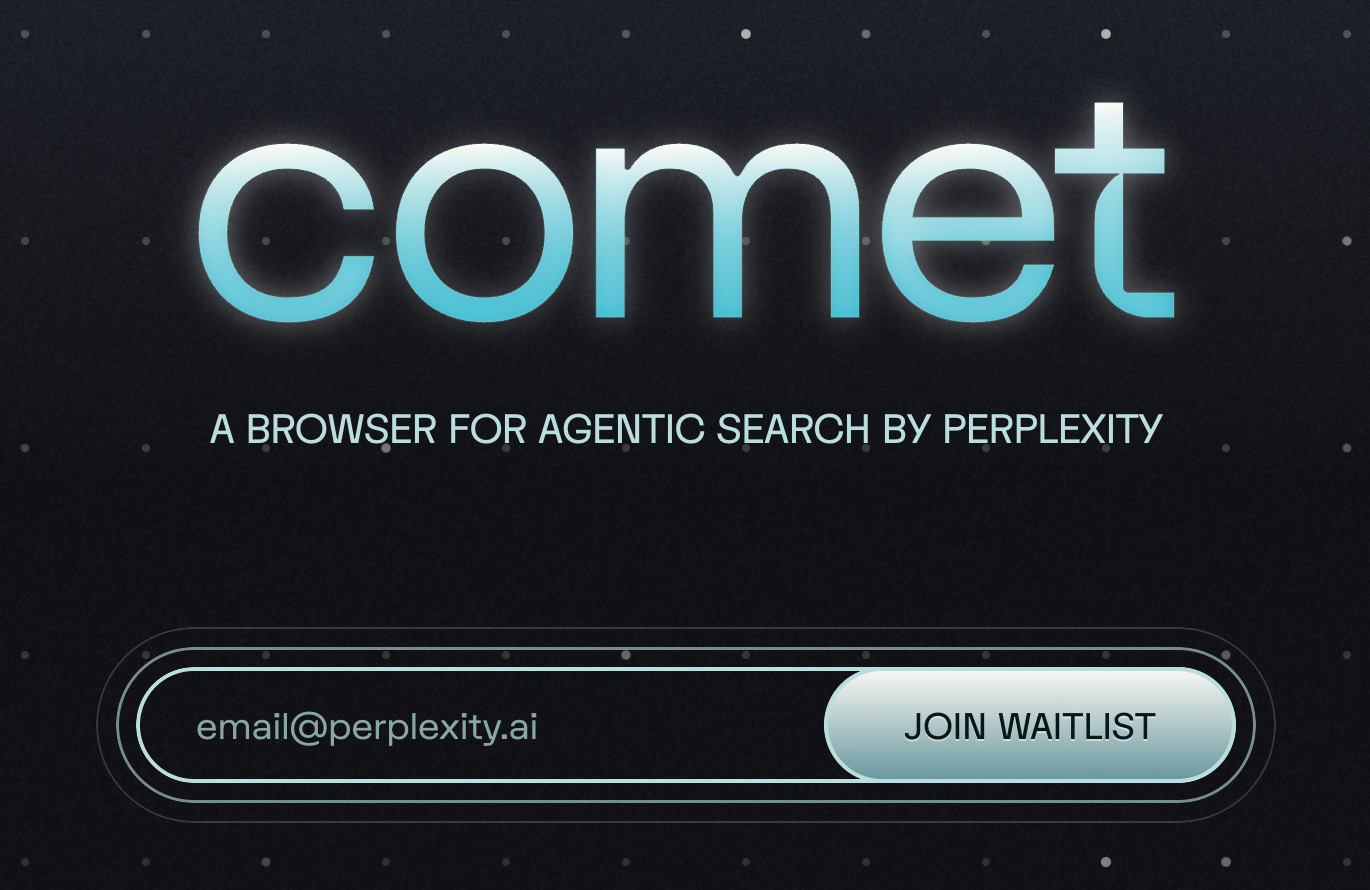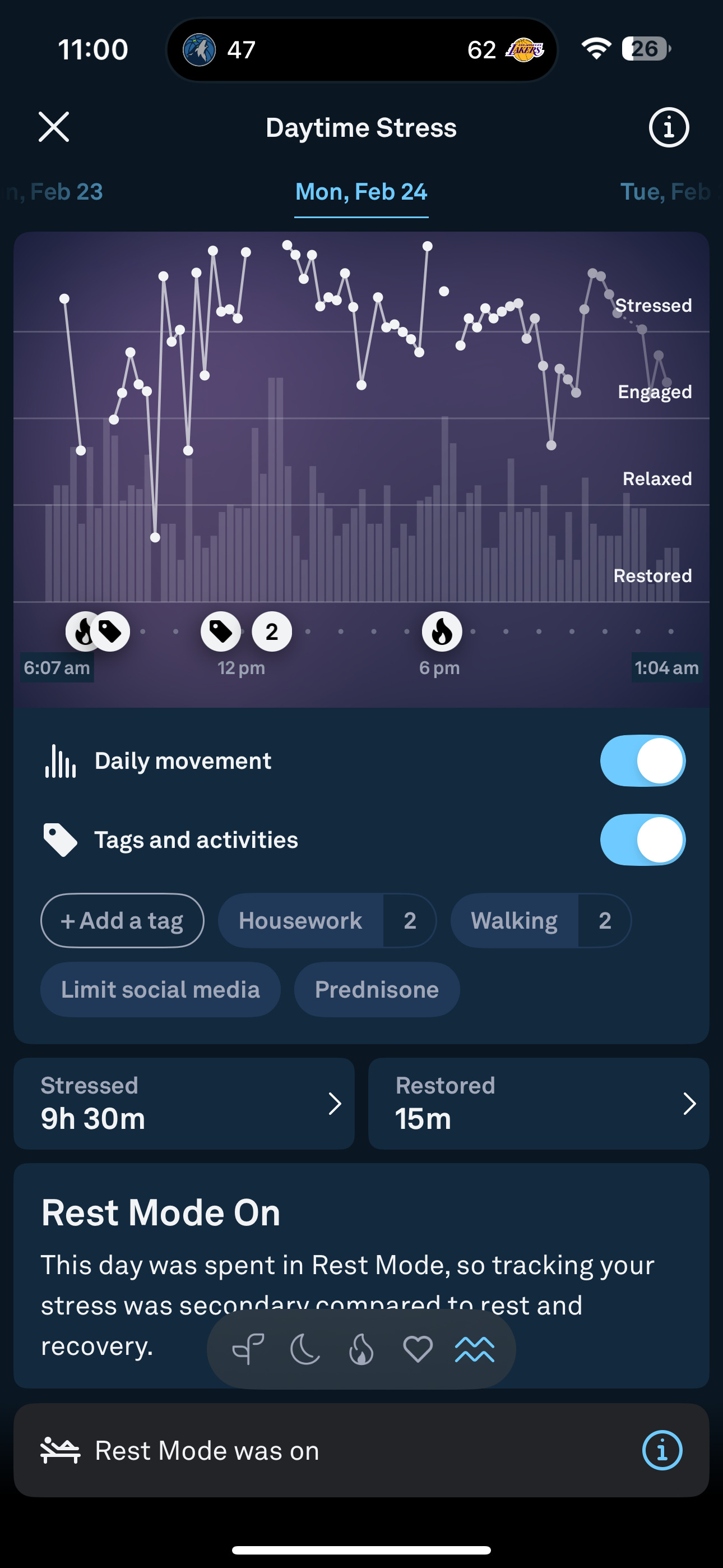Ship Happens, Week 9
Why product design decisions matter, the power of complementary investments, and how a cold threw my stress experiment out of whack.
Happy Friday everyone! Welcome back to Ship Happens, your weekly product manager newsletter.
I'm using this newsletter to share at least three things l've come across this week to help you build better product. Subscribe so you don't miss these when they come out:
On to this week's thoughts and updates!
1. Claude Code looks insane 👀
I just have to reiterate here that Claude Code looks really freaking awesome. Here’s a video of it if you didn’t catch their announcement:
I have to say that a really smart design choice here was to go with using the terminal as the primary entry point and platform for Claude Code. With the command line, you can have more direct access to the code base and other functions needed to address issues.
More and more tools keep popping up to either make things like development or design faster for seasoned pros or make development/design easier to access to more people. I for one am loving how quickly the way we build things is changing for the better.
It does seem like a future world where we are all able to scale 10x of our capacity to do great work is heading our way soon.
2. Amazon’s Alexa Plus Play, The Power of Complementary Investments
Alexa got a big upgrade this week that I have been super excited about:
It seems confirmed that Anthropic’s Claude, ChatGPT’s competitor funded by Amazon, is powering the new Alexa experience.
Amazon’s pumped $8 billion into Anthropic, which seems to be pennies compared to what’s going to be spent on AI by many players, OpenAI included.
Clearly Amazon’s bigger play with this investment was to not only compete with OpenAI, but also use Anthropic to build the foundation for it’s own AI ambitions down the road.
Just goes to show once again that there is more than one way to build new tech. You can acquire it (that could still happen with Anthropic by Amazon), you could fund it and partner with it, or you can build it in house but you need the expertise. So, often companies buy, partner or invest to make something like this happen, faster and more efficiently.
Another genius move by Amazon.
3. Comet vs. Operator: Why Performance, Design Decisions Matter
MOAR NEWS!! Perplexity is launching Comet, an agentic web browser designed for Perplexity to automate tasks on behalf of its users:
Earlier this year I tried Operator from OpenAI and I have to say it was the slowest thing on earth to use. It was a hosted browser on the cloud that would be used to complete tasks for users.
I’m sure it’s gotten better and will get better, but I also started to question why you would want to host a browser to run agent tasks instead of run right on someone’s hardware.
Well, Perplexity took care of that with Comet 🚀 By creating their own browser, now tasks can run local on the machine and the user can interact directly to make any changes as needed.
So when you’re thinking about making your own apps or experiences, think hard about how you design the experience and technology stack. If you can land on a solution that’s better because you thought deeply about the design problem, it can be the difference between being a punch-line in someone’s write-up and cornering the AI browser agent market.
Also, a good rule of thumb: having your software be more performant is almost always a good thing. Slow = bad.
4. My stress numbers got all torqued from being sick
Last week I talked about going on a journey to reduce my stress levels as a way to improve my sleep and recovery.
Well, all of that got torpedoed by having a cold! 🤧 So we’ll have to try again now that I’m on the mend.
Meanwhile, it was interesting to see on my Oura Ring stress chart how much different things affected my stress level while trying to get better.
For example, I had no idea how much steroids will jack up your stress levels. The day I took them, I was in a stressed zone according to my Oura Ring for 9 hours?!
I was also surprised to see my first full night’s sleep in a while result in a lower readiness score. Probably just a lot of built up stress and sleep debt. We’ll see how the next few nights shake out.
But make sure when you get sick you get lots of rest!!
That's it for this week!
If you've found this helpful, please consider showing your support by subscribing:
And please consider supporting by becoming a paid subscriber at $5/month or $50/year. I don’t require it to get great value out of the newsletter, but it does provide great motivation to keep going. So consider going paid, you can participate in the paid subscriber chat and keep this sucker going.
I’ll be back around this time next week with more useful product manager things!




